Hampshire County, MA | Solar Energy
Installing Solar Panels in Hampshire County, Massachusetts: Costs & More
Key Details
- The average cost per watt of installing a solar system in Hampshire County, MA is $2.60 to $3.30 as of 2023.
- Residential systems typically use 5kW systems with 13-20 panels, costing around $13,000 - $16,500 on average after applying a federal tax credit.
- Solar panels in Hampshire County pay for themselves in 8.45 years with lifetime savings of up to $34,187.
- Factors that affect the total cost include type and brand of panel chosen, Levelized Cost of Energy (LCOE), Price per Watt (PPW) and an installation company’s rate.
- Incentives are available from the federal government (ITC) and Massachusetts state government (residential renewable energy income tax credit) when switching to solar power.
How Much Do Solar Panels Cost in Hampshire County, MA?
As of 2023, the average cost per watt of installing a solar system in Hampshire County, Massachusetts ranges from $2.60 to $3.30. The exact price varies based on factors such as the panel quality and the type of solar installer used.
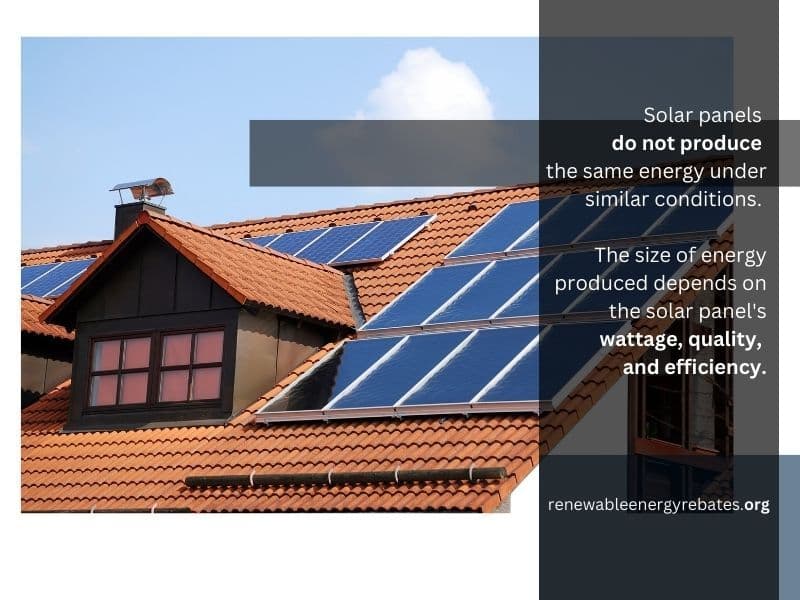
| Energy System Size (kW) | Solar Panel Cost | Cost After Credit |
| 2 | $5,200 - $6,600 | $3,640 - $4,620 |
| 3 | $7,800 - $9,900 | $5,460 - $6,930 |
| 4 | $10,400 - $13,200 | $7,280 - $9,240 |
| 5 | $13,000 - $16,500 | $9,100 - $11,550 |
| 6 | $15,600 - $19,800 | $10,920 - $13,860 |
| 7 | $18,200 - $23,100 | $12,740 - $16,170 |
| 8 | $20,800 - $26,400 | $14,560 - $18,480 |
| 9 | $23,400 - $29,700 | $16,380 - $20,790 |
| 10 | $26,000 - $33,000 | $18,200 - $23,100 |
Most residential solar systems in Massachusetts are usually sized at 5kW. A 5kW installation requires about 13 to 20 panels and costs $13,000 - $16,500 on average. However, the overall cost reduces to $9,100 - $11,550 after applying the federal tax credit of 30%.
How Long Does it Take for Solar Panels to Pay for Themselves in Hampshire County?
Solar panels in Hampshire county have an average payback time of five to ten years. The exact length depends on a range of factors such as the size of the system.
For instance, a 5kW solar installation generates 6,250kWh per year. This multiplied by the average Hampshire, Massachusetts residential electricity rate of $0.2188/kWh, gives a yearly savings of up to $1,367.5.
Factoring the cost of a 5kW system after removing the federal tax credit, the buy-back period is roughly 8.45 years. Additionally, lifetime savings over 25 years can amount to over $34,000..
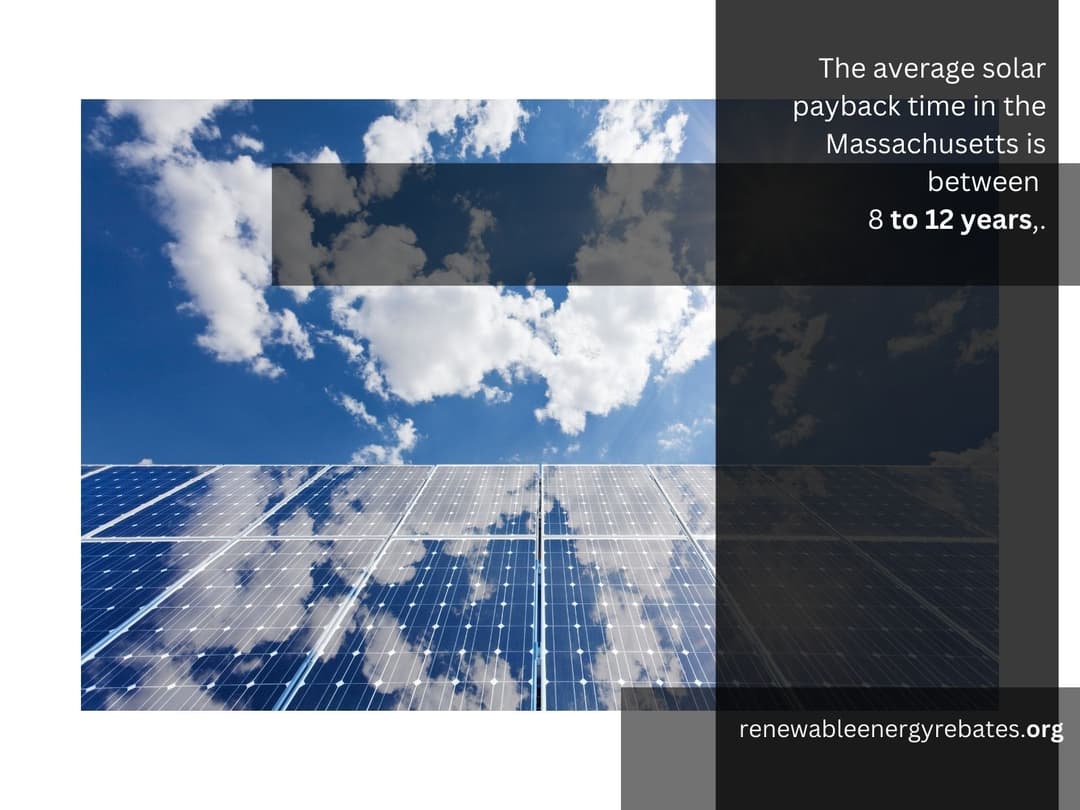
What are the Incentives for Solar Energy in Hampshire County, Massachusetts?
Residents of Hampshire County, Massachusetts have access to a range of incentives.
First is the residential renewable energy income tax credit, which allows taxpayers to claim up to 15% of the cost of a solar energy system on their state income tax. This income tax credit reduces the tax liability of the taxpayer up to a maximum of $1,000.
The residential renewable energy income tax credit is non-refundable, but excess credit can be carried over to successive tax years by as much as three years. This income tax benefit is established in Massachusetts General Laws Chapter 62, Section 6(d).
Second is a property tax exemption for solar-powered systems co-located with an energy storage system on real property. Owners or lessees of such real property can claim a tax exemption on these systems for 20 years from the time of installation to save a lot of money. This exemption is codified in Massachusetts General Laws Chapter 59, Section 5, Clause Forty-fifth.
How can I Sell Solar Energy in Hampshire County, Massachusetts?
In Hampshire, Massachusetts, customers operating a grid-tied system on the Eversource, National Grid, or Unitil grids can net meter, obtaining an almost 1:1 ratio on the worth of obtained credits to the local electric rate.
Net metering describes the practice by which grid-tied customers operating power generation systems, such as solar, transfer the excess energy they generate back to their utility company for a credit.
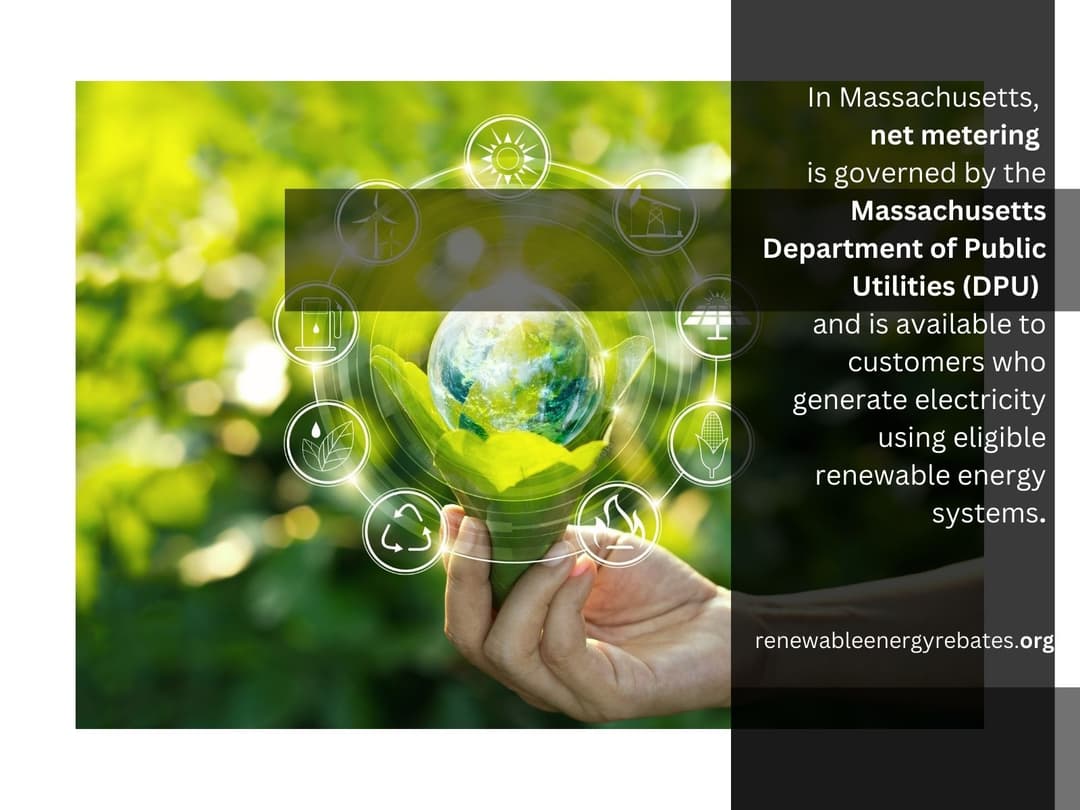
This system works through a meter that measures the net quantity of electricity used by a consumer. The meter differentiates between the amount of electricity consumed from the grid and the amount of energy generated by the consumer.
If the amount generated exceeds the amount consumed, there is negative net consumption. Negative net consumption generates credit which is represented on the electric bill as a dollar amount. Credits can roll over into another billing period, decreasing how much is owed as electric bills if the net consumption for that period was positive.
If net consumption was positive, the consumer would owe the utility company.
What are the Best Solar Energy Companies in Hampshire County, Massachusetts?
Some of the solar energy companies that serve Hampshire County, Massachusetts include.
All Energy Solar
All Energy Solar offers a wide range of solar installation services including electrical work, building work, projections on investment, and solar financing options. The company is certified by the North American Board of Certified Energy Practitioners (NABCEP) and prides itself on its diverse array of professionals, limiting the need for subcontracting.
All Energy Solar is headquartered in St. Paul Minnesota, with its regional office in Massachusetts located at
66-D Main Line Drive,
Westfield, MA 01085.
Insight Solar
Insight Solar leverages the long industrial experience of its professionals to get the job done as quickly and conveniently as possible. To assist with the financial aspect of a solar project, Insight Solar offers different types of financing options for homeowners, including PPAs and solar loans.
The solar company is headquartered at
59C North St, Hatfield,
MA 01038.
PlugPV
Established in 2016, PlugPV provides solar installations, equipment supply of batteries, solar financing, solar repair, and maintenance. PlugPV is also fully NABCEP certified, and its large number of positive reviews has truly brought out the full meaning of that certification.
PlugPV has a regional Massachusetts office at
253-D Worcester Rd,
Charlton, MA 01507,
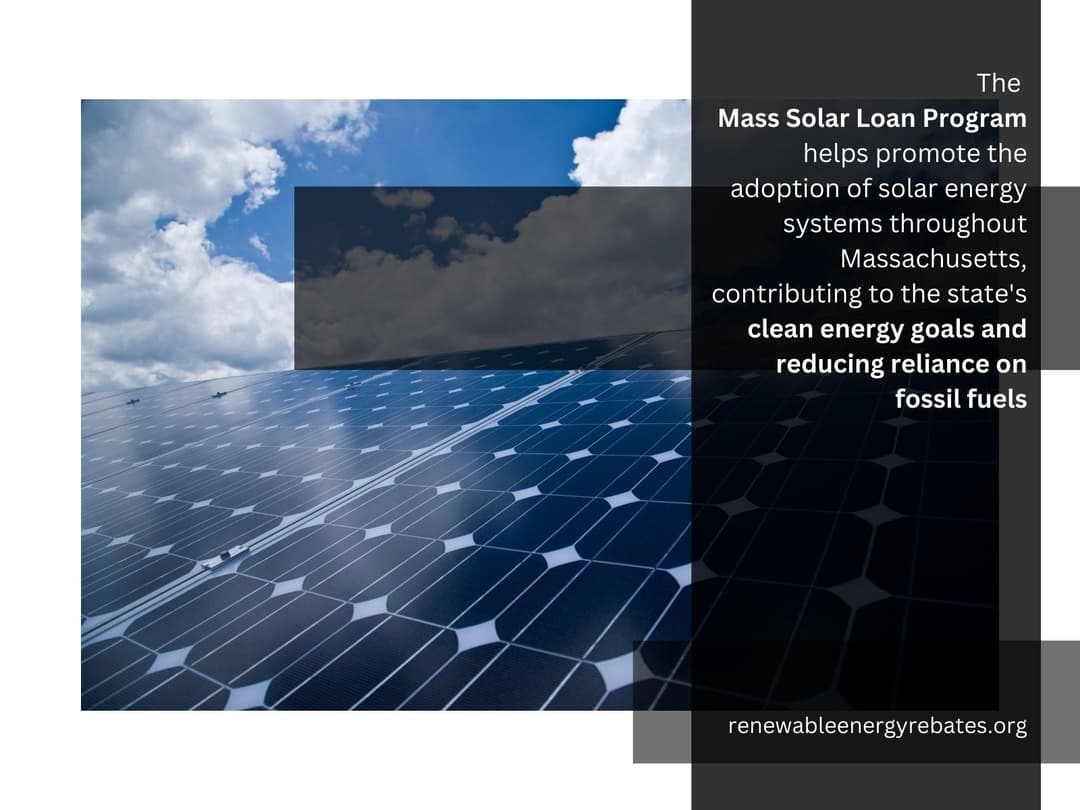
Do You Need a Handyman or a Solar Installer in Hampshire County?
Homeowners in Hampshire County can perform DIY solar installations as long as the correct permits are obtained before the project starts. This does not, however, always make a DIY option the best in every instance.
The Office of Energy Efficiency and Renewable Energy recommends that solar installations are made by professionals certified by the North American Board of Certified Energy Practitioners (NABCEP). While self-made installations are possible and can save money, there are certain disadvantages to doing this.
First is the physical labor involved in performing the project. A DIY project will require accessing the home’s electrical system and getting in dangerous situations such as climbing the roof. Also, the project will have to be performed without any professional advice, making mistakes that can result in electrical fires more likely.
Second are the possible benefits that may be voided by performing a DIY installation. Most prominent are warranties on solar equipment, as an error during installation may render the warranty invalid.
Some state incentives such as the Solar Massachusetts Renewable Target (SMART) program may also become unavailable to DIY installers as these require an installation from a certified installer to be claimed.
Hiring a handyman or solar installer in Hampshire County can cost anywhere between $2,000 - $4,000, making this a consideration between cost and the certification of the project’s quality.
Are Solar Panels Exempt from Property Taxes in Hampshire County?
Solar panels are exempt from property taxes in Hampshire County. This exemption is established in Massachusetts General Laws Chapter 59, Section 5, Clause Forty-fifth. The exemption lasts for 20 years from when the system was installed.
While installing a solar system on a property does indeed raise the property’s value, no additional property taxes are levied on that property.
What Energy Companies Offer Solar Rebates in Hampshire County, Massachusetts?
Solar rebates allow homeowners who have installed a solar power system on their residential site, and who own the system, to receive a sum of money from participating energy companies.
One such solar rebate program was offered by the Massachusetts Municipal Electric Cooperative (MMWEC) and Energy New England (ENE) in partnership with the Massachusetts Department of Energy Resources (DOER) in 2018.
This program allowed homeowners who installed solar photovoltaic systems in certain service territories to claim a rebate as high as $1.20 per Watt. This program is unfortunately now closed.
There are three major energy companies supplying electric power to Hampshire County, Massachusetts, namely, Eversource, National Grid, and Unitil.
None of these three energy companies offer solar rebates. They do, however, in partnership with the DOER, offer an incentive program that encourages solar installations in Hampshire County, the Solar Massachusetts Renewable Target (SMART) program.
The SMART program is an incentive-based system in which eligible homeowners receive monthly payments for installing and owning a solar power system. To qualify, the solar power system must be interconnected with one of the three energy companies, be smaller than 5 MW, be installed by a solar installer, and be installed after January 1, 2018.
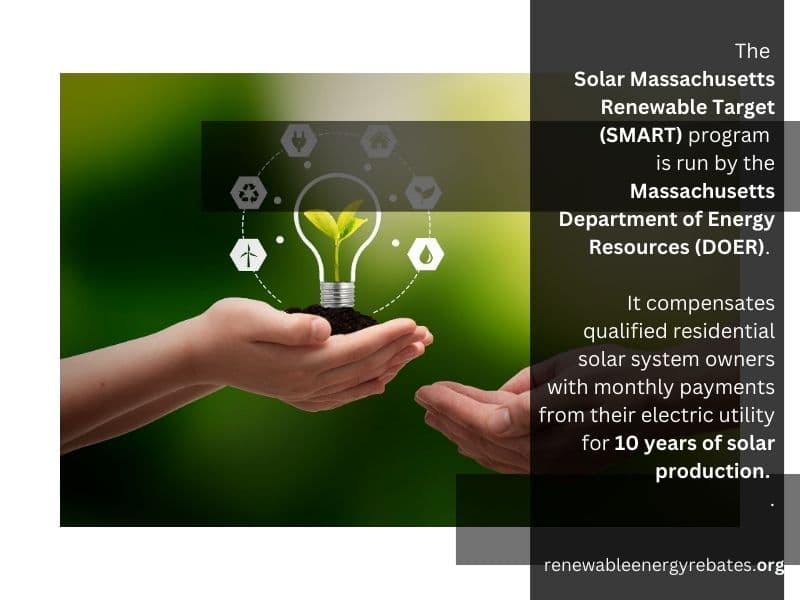
The program works by allocating blocks. The whole program is meant to accommodate 3,200 (increased from 1,600) megawatts of solar capacity divided into eight blocks. Each block contains 400 MW of solar capacity, and as a solar system connected to one of the three energy companies is installed, the capacity gets used up until it becomes full.
The block offers a payment incentive to all applicants that fall within it. When a block becomes full, a new block starts being used, and the payment incentive for that new block will decline by 4%. As more blocks get filled up, the payment incentive will keep decreasing. So, homeowners who apply early will qualify for the blocks with the highest payment incentives, encouraging homeowners to quickly build solar installations.